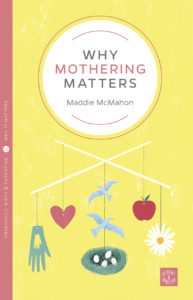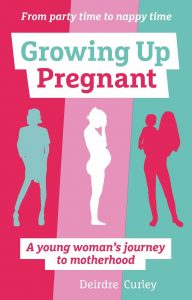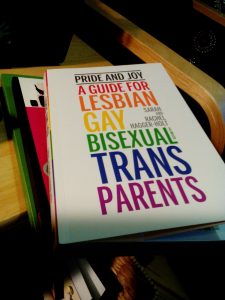Book Review: Give Birth Like A Feminist, by Milli Hill
I tried to narrow down who I thought should read this book. Expectant mothers? Their partners? Midwives? Doctors? All humans? Pretty much the only people who don’t really need it, are those of us already actively calling for recognition that birth is a feminist issue, within our working community. I fervently hope that the latter are not the only people who read it.
Milli Hill has a strong history of writing well about childbirth, rooted in her own experiences and capitalising on her work as an established journalist. She is able to talk to more mainstream audiences than many of us, and her writing style is passionate, informed and accessible. A strong tenet of this book is that the truly feminist perspective is to support and respect all birth choices, even if they would not be our own.
In case that isn’t a persuasive enough argument, Give Birth Like A Feminist provides a feminist historical and cultural context of birth, looking at why certain things are done just as they have been done for centuries, with no real evidence base. From induction to lithotomy, she examines the assumption behind birthing protocols, which is essentially that women’s bodies are badly designed and ineffective when it comes to reproducing the species. It’s astonishing that we have survived so long. And can I just say, the Husband Stitch? WTF.
From this context, Milli develops the argument that societal attitudes to women’s bodies and behaviour pressure us to conform to a stereotype of being weak, helpless and incapable. In fact, images and stories that represent women as capable and powerful are often repressed; take for example Facebook’s banning of certain images of birth and breastfeeding, that are no more revealing than apparently acceptable images of underdressed celebrities. Women are both infantilised, and expected to be available for sex/pleasing to men in particular and society in general. A good woman, like a good baby, is quiet, undemanding, and has no leg or armpit hair.
Give Birth Like A Feminist furthers a new narrative of childbirth and women’s bodies, elevating women above the mere vessel for and caretaker of the next generation. Milli Hill is constantly kickstarting this conversation, and challenging the way birth is presented in the media and in the world. Just carrying this book into a room last week gave me an insight into attitudes to both birth and feminism, when people around me raised eyebrows and chuckled at the very idea.
This is a well-referenced book, and Hill supports her points with case law and evidence. She has a tendency to write about her own experience, and I find this a distraction from her important argument that this happens to most women, in one way or another. She also fills the book with other women’s voices, and points out that she does not have to ask around for long to find stories where women felt their choices were shut down, belittled, or never discussed at all; where women are abused and coerced, where midwives are unable to work, where we’re all either baby brain or birthzilla, not human beings at all.
There are also some small practical sections describing actions to take or ways to look at evidence, and the BRAIN decision-making tool used widely by NCT is shared again, which can be no bad thing. This is not a practical manual like the Positive Birth Book, but very much a book I would give to a pregnant friend.
Thanks to Milli for the review copy of Give Birth Like A Feminist, and also for sparing time in the summer holidays to chat with me for Episode 54 of Sprogcast.



